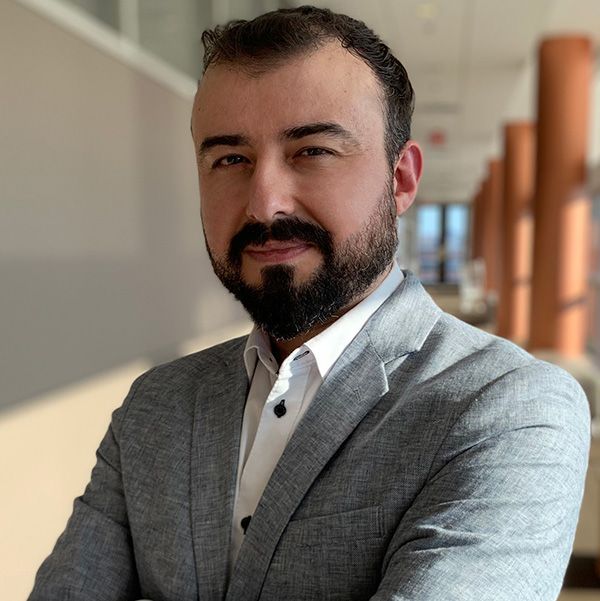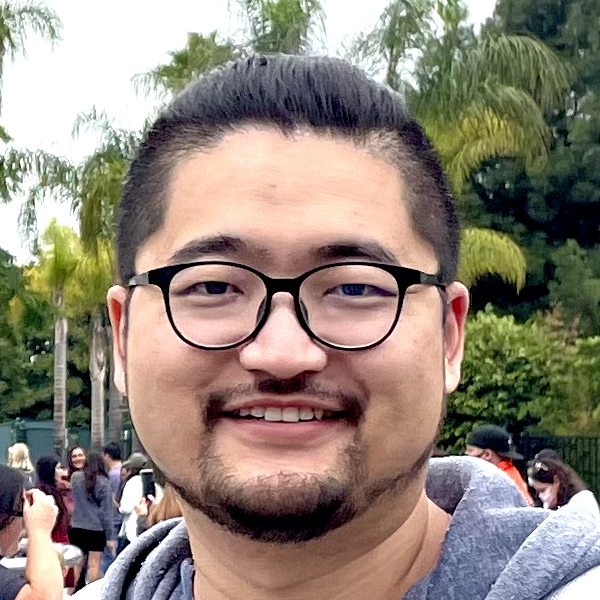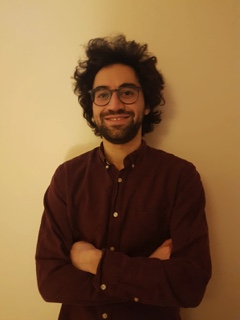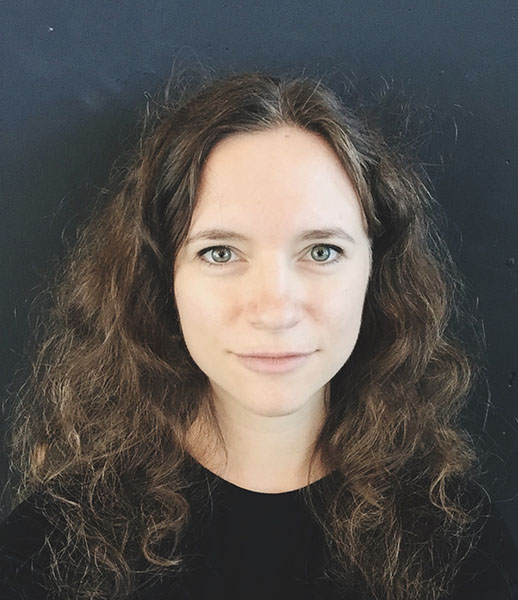What are Cyber Social Threats
The role of online platforms as a prime, daily communication tool is coincident with a sharp rise in its misuse, threatening our society in large. These platforms have been implicated for promoting hate speech, radicalization, harassment, cyberbullying, fake news, human trafficking, drug dealing, gender-based stereotyping, and violence among other ills, with a significant impact on individual and community well-being. Given the rise in political conflicts and public health/climate concerns in recent years, information integrity during crises will be of particular interest for CySoc 2023. Such content and behaviors are inherently multi-faceted, making the recognition of their narratives challenging for researchers as well as social media companies. The implications to individuals and communities require reliable models and algorithms for detecting, understanding, and countering the malevolent behavior in such communications. These challenges have led to a rising prominence of analysis of online communications in academia, politics, homeland security, and industry using computational techniques from natural language processing, statistics, network science, data mining, machine learning, computational linguistics, human-computer interaction, and cognitive science. To meet these challenges, this workshop aims to stimulate research on social, cultural, emotional, communicative, and linguistic aspects of harmful conversations on online platforms and developing novel approaches to analyze, interpret, and understand them.
The workshop welcomes papers that employ quantitative and/or qualitative, analytical, theoretical approaches examining a diverse range of issues related to online harmful communications. Papers on resources/data and tools will also be welcome either for demos or for short/regular talks.
Special Issue with EPJ Data Science
This year we are excited to announce that authors of selected papers will be invited to include an extended version of their paper in a Special Issue of EPJ Data Science!
Note: Per the rules outlined by the Web Conference, presenters of accepted papers will be required to attend the conference in person, whereas some keynote/panel speakers may present virtually. A Zoom link will be provided later so that those interested in the workshop can attend virtually.
Why attend the CySoc Workshop?
This workshop will bring together researchers and practitioners in computer and social sciences from
both academia and industry to exchange ideas on understanding the multi-faceted aspects of harmful
content while leading the discussion on building novel computational methods to reliably detect,
derive meaning of, interpret, understand and counter them.
The participants will find opportunities to present and hear about other fundamental research and
emerging applications, to exchange ideas and experiences, and to identify new opportunities for
collaborations across disciplines.
The researchers and practitioners from various disciplines are strongly encouraged to attend,
including (but not limited to) behavioral science, computer and information sciences, psychology,
sociology, political science, cognitive science, cultural study, information systems, terrorism and
counter-terrorism, operations research, communication, medicine, and public health.
Special Issue with EPJ Data Science
Authors of selected papers will be invited to include an extended version of their paper in a
Special Issue of EPJ Data
Science.
Themes & Topics
We are interested in both computing and social science approaches that study the above research directions, based on quantitative, qualitative and mixed research methods. We expect to receive submissions and lead discussions on the topics of novel analytic methods, tools, and datasets.
Spotlight topic
Parallel to the main themes, this year, we will have a spotlight topic — information integrity during crises — due to its relevance and urgency.
Themes
The CySoc workshop has three main themes:
- Detection and prediction of content, users, and communities
- Countering harmful narratives
- Ethical considerations and handling bias
Topics
Topics for research and discussions on challenges in dealing with online harmful content include (but not limited to):
- Spotlight topic: Information integrity during crises
- Online extremism
- Harassment and cyberbullying
- Hate speech
- Gender-based violence
- Human trafficking
- Illicit drug trafficking
- Mental health implications of social media
- Ethical considerations on privacy-preserving social media analytics
- Emotional and psychological support
- Trust relationship and community dynamics
- Relationship of the social web and mainstream news media
- Cultural implications of social web usage
- Influencer identification and community detection for movements
- Misinformation and disinformation (e.g., epidemics of fake news, images and videos, during a disaster, health issues and elections)
Important Dates
Paper submissions due: February 6, 2023 February 17, 2023 (Anywhere on
Earth)
Final decision notification: March 6, 2023
Camera-ready submissions due: March 20, 2023 March 15, 2023
Submission Instructions
Submissions should not exceed 12 pages in length (maximum 8 pages for the main paper content +
maximum 2 pages for appendixes + maximum 2 pages for references).
Submissions must be original and should not have been published previously or be under consideration
for publication while being evaluated for this workshop.
Submissions will be evaluated by the program committee based on the quality of the work and its fit
to the workshop themes.
All submissions should be double-blind and a high-resolution PDF of the paper should be uploaded
to
the
EasyChair submission site
before the paper submission deadline.
The accepted papers will be presented at the CySoc workshop integrated with the
conference, and they will be published as
Proceedings of the The Web Conference.
Authors of selected papers will be invited to include an extended version of their paper in
a Special Issue of EPJ Data
Science.
Papers must be submitted in PDF format according to the ACM template published in the
ACM guidelines,
selecting the generic “sigconf” sample. The PDF files must have all non-standard fonts embedded.
Workshop papers must be self-contained and in English.
Workshop Program
All times below are in Central Daylight Time
Zoom link
|
8.30 - 8.45 AM - Welcome the CySoc 2023 workshop attendees.
Tracking the Spread of Misinformation Across the Web
10.50 - 12.00 PM - Panel Discussion: Information Integrity During Crises.
1.30 - 2.00 PM - Paper Session III: Two full papers (12 min. including Q/A).
Deploying Real Systems to Counter Misinformation in Brazil
Note: Per the rules outlined by the Web Conference, presenters of accepted papers will be required to attend the conference in person, whereas some keynote/panel speakers may present virtually. A Zoom link will be provided later so that those interested in the workshop can attend virtually. |
|---|
Registration
Please check the the conference site directly for
registration details.
Organizers
Steering Committee
|
|---|
Program Committee
|
|---|





